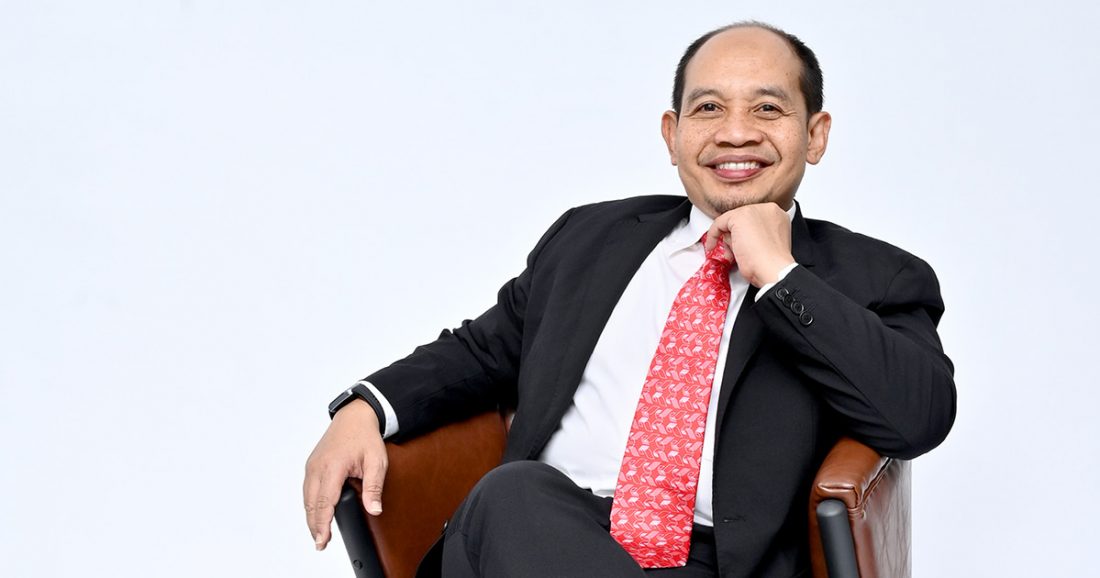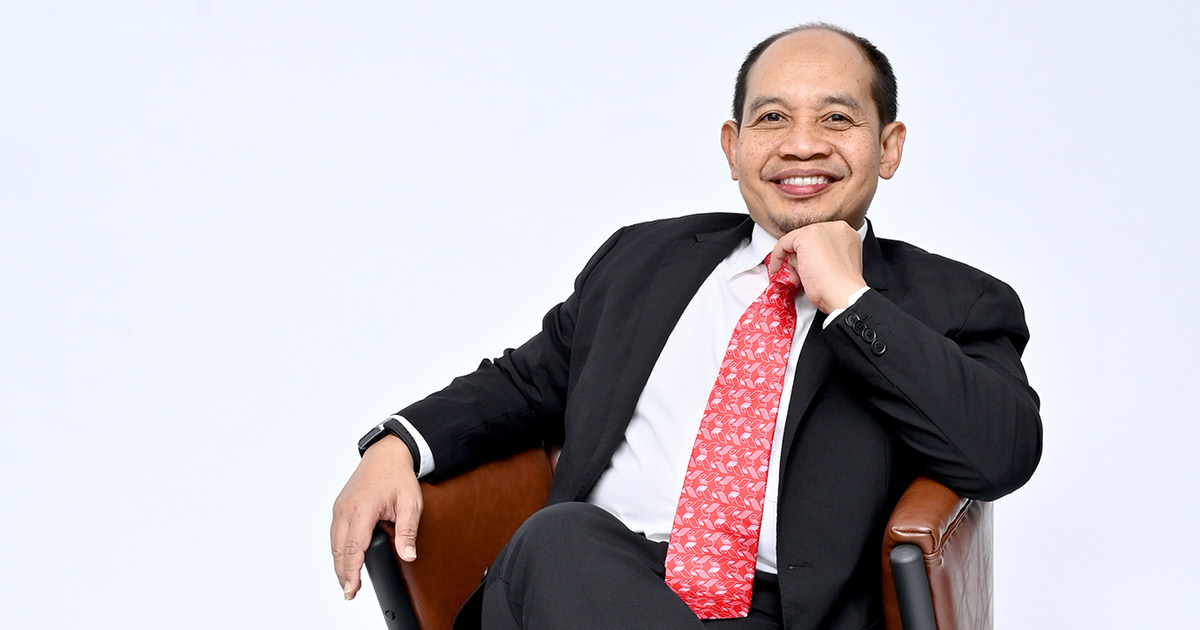It has been two years since The CEO Magazine last spoke with Fata Yunus, and in that time, he has ascended to the new role of Vice President, Drilling and Well Intervention at Pertamina Hulu Energi (PHE).
Having worked in the oil and gas sector for more than 26 years, Yunus explains that he has remained in the industry, specifically in the drilling profession, because of its unique and dynamic traits.
“Our focus extends beyond the technical process of accessing the reservoir to extract oil and gas – it’s about orchestrating a complex ecosystem of partners and stakeholders, working collaboratively to bring the project to life,” he says.
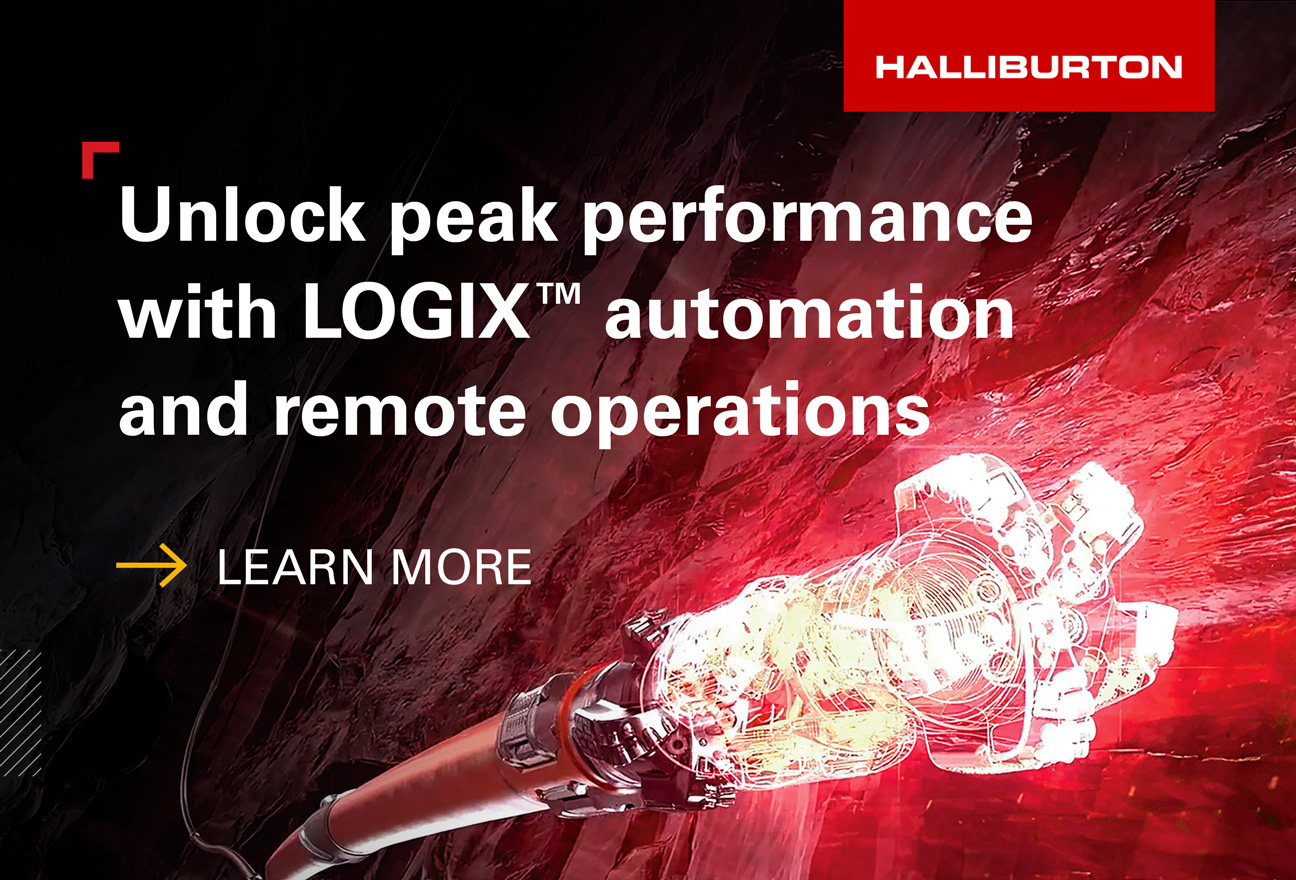
Advertisement
Despite the added responsibilities in his new role, Yunus stresses that PHE’s business operations run efficiently due to its people.
“When you have a good team in your hands, everything goes smoothly,” he says. “We need to trust the team, we need to build the team, and we need to be close with them.
“We provide clear objectives and guidance to ensure they know how to do things properly. Once everything is running smoothly, we trust them to carry out the work independently.”
Yunus adds that training and upskilling opportunities are also provided to staff when needed.
“At the end, for sure we need to control; we evaluate, give feedback and repeat all these good things so the management cycle runs smoothly,” he says.
The value of clear communication
Yunus began his career as a night drilling supervisor at TotalEnergies, rising up the ranks to Head of Well Construction before joining PHE in 2018.
Throughout his career, he has had the opportunity to work internationally in countries including Gabon, Nigeria, Syria and France.
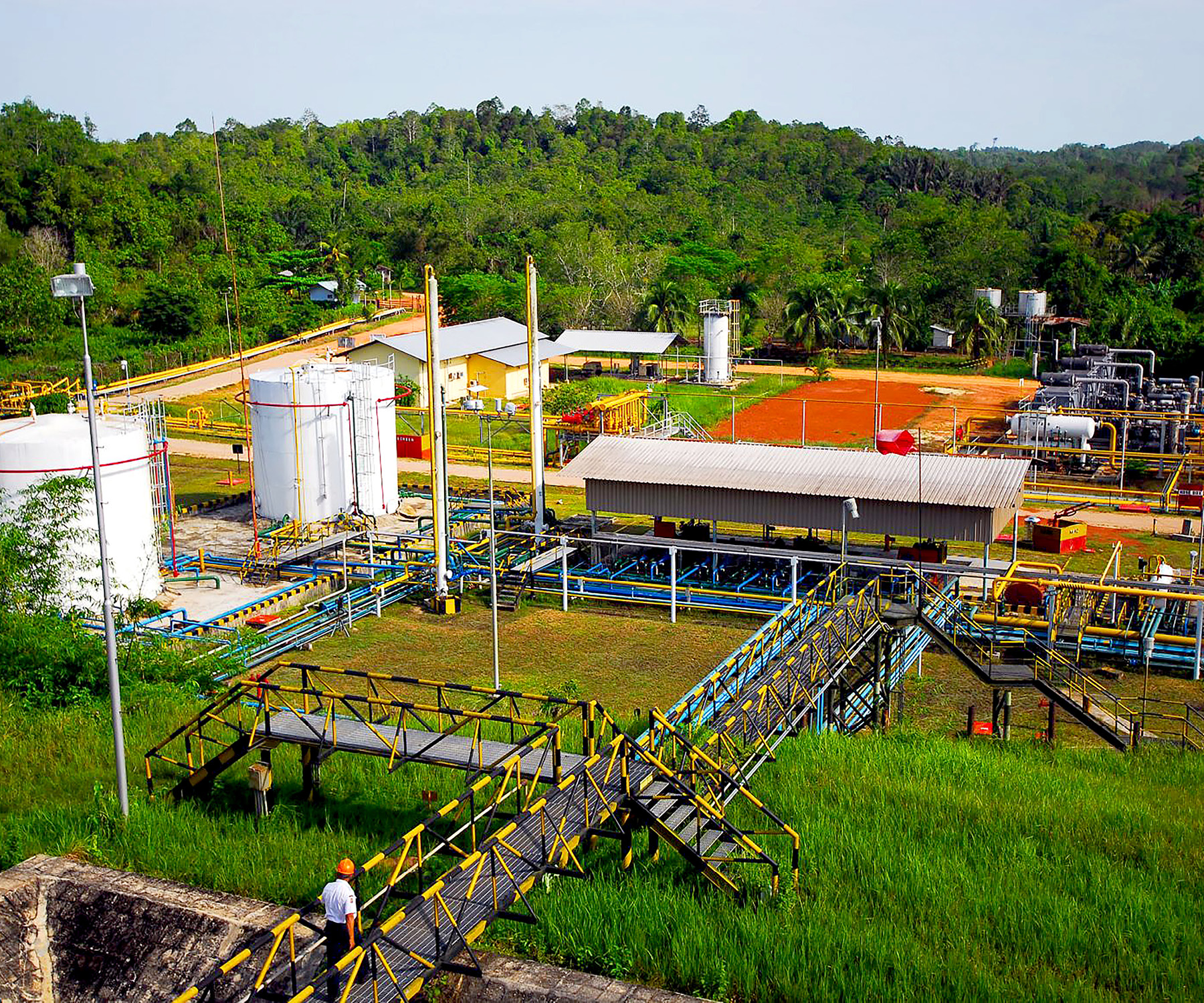
“When you have a good team in your hands, everything goes smoothly.”
This experience has shown him that while there may be different communication styles in different parts of the world, what is most important is ensuring the communication is clear.
“It’s very important for us to say to the people, ‘If you want to drill the well safely, you must do ABCD, otherwise, it’ll be problematic,’” he says, adding that this clarity can help avoid situations like a blowout.
“We have a rule that we communicate clearly and correctly. “We say to the person doing the job, ‘If you are not clear, you have to ask. You have to clearly understand all the objectives and programs, and only then do you execute. If you cannot do it, you need to ask for training and to be upskilled.’”
Well integrity and technology
With more than 31,655 wells in company assets, ensuring well integrity remains one of PHE’s top strategic priorities.
“Well integrity refers to the condition of a well that ensures it remains leak-free, allowing continued and safe production,” Yunus explains.
Not only does this ensure that the company can keep producing from its existing wells, but it can also continue securing more resources from its onshore and offshore operations. It also works with partners such as Halliburton, SLB, Baker Hughes, Weatherford and many others to reach its production goals.
“Currently, our drilling activities are primarily focused on onshore operations,” he reveals. “However, aligned with Indonesia’s national goal of achieving energy security, we are committed to increasing oil and gas production.”
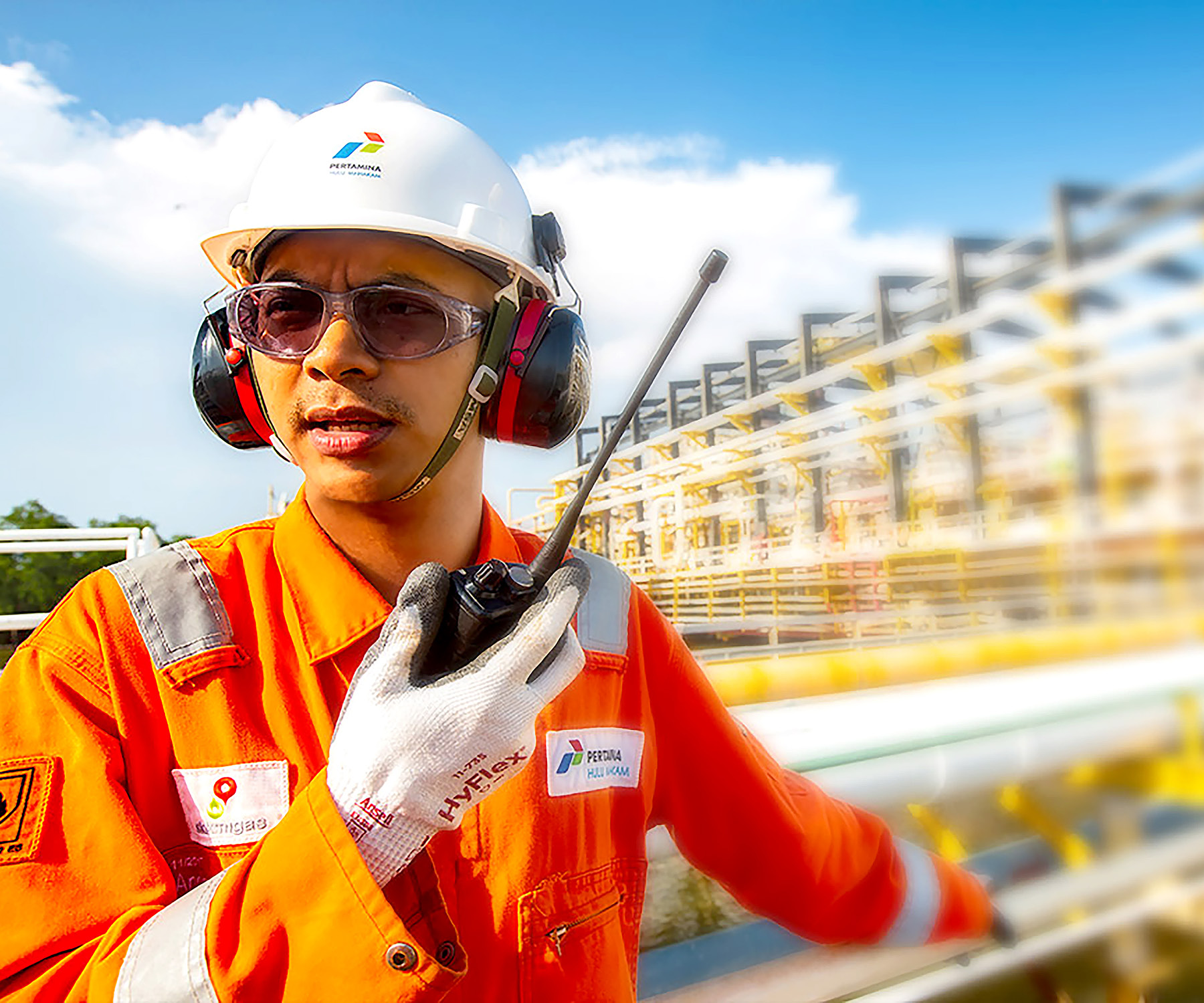
“Aligned with Indonesia’s national goal of achieving energy security, we are committed to increasing oil and gas production.”
PHE currently produces roughly 500,000–600,000 barrels of oil per day and is aiming to reach one million. But to expand its operations, Yunus points out, the company has to go offshore.
“We already started last year going to the shallow offshore. When I say shallow, it’s less than a 100-meter water depth,” he says.
“But after that, in 2027–2030, we have to move to deep offshore – all the resources below the sea with a water depth of maybe more than 1,000 meters.”
Technology has been assisting in the production of oil and gas, particularly in terms of accumulating vital data, which can assist in making an operation cheaper and more efficient; for instance, it can help determine which well can continue to be drilled.
“In drilling and well operations, the top priority is flawless execution with zero non-productive time,” he says.

“In drilling and well operations, the top priority is flawless execution with zero non-productive time.”
“Ultimately, it comes down to project economics. For instance, if the capital and operating expenditures of drilling a well exceed its potential returns, the project becomes unviable.
“So what we need right now is the data. With the right data, I can say, ‘Let’s repeat drilling in this one.’”
In addition, PHE has been using AI in its operations. As an example, for the benefit of health, safety and the environment, the company has a camera programmed to spot anomalies, like if crew members don’t wear their helmet or protective equipment.
Inspiring others
When reflecting on what moment or decision has had the biggest impact on his growth as a leader, Yunus says it wasn’t a situation where he solved a major problem. Instead, he believes what makes him a good leader is his ability to energize and inspire his people to do their very best work.
“Several years ago, I pushed to recruit the first graduates, to educate them and to prepare them to become professionals,” he says. “And then when I look at them right now becoming managers or becoming supervisors with strong, good leadership, I feel satisfied that I’ve done the right thing.”

